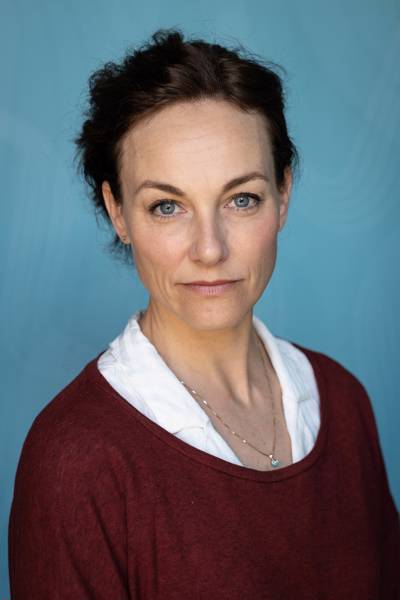In rural communities on the north bank of River Gambia, religious ‘visitations’ or pilgrimage ceremonies (siyaare) are becoming increasingly popular. These ceremonies have been described as a hallmark of Senegalese urban Sufism but are currently organised across the countryside and communicated in wide personal networks and through social media to attract guests and strangers from near and far. The sensibilities articulated in preparations for siyaare ceremonies promote inclusiveness, hospitality and the bridging of difference. Organisers appeal to the ‘oneness’ of humankind, to be achieved in siyaree by transcending differences between people and between humans and the spiritual realm, through communal prayers that enhance the circulation of God-given blessing. This article takes debates among Wolof speakers in rural Gambia over such Muslim religious ceremonies as the starting point to explore how attention to ‘network’ can illuminate various appeals to ‘shared humanity’. Appeals to human unity feature divergent, or in part competing values and virtues, and bring particular social forms and worlds into being. These, I will show, are articulated as modes of consumption, but also moral living, including forms of modesty and preferences for rural lifestyles and futures, and convey generational differences. The article questions what ‘politics’ of shared humanity encompasses, and argues for a gaze beyond dyadic relationships and interpersonal networks, and a perspective on what goes into, as well as who takes part in, world-making.
Sommerfelt, Tone (2024) Politics of Shared Humanity: On Hospitality, Equality and the Spiritual in Rural Gambia, Anthropological Forum. DOI: 10.1080/00664677.2024.2358243.








